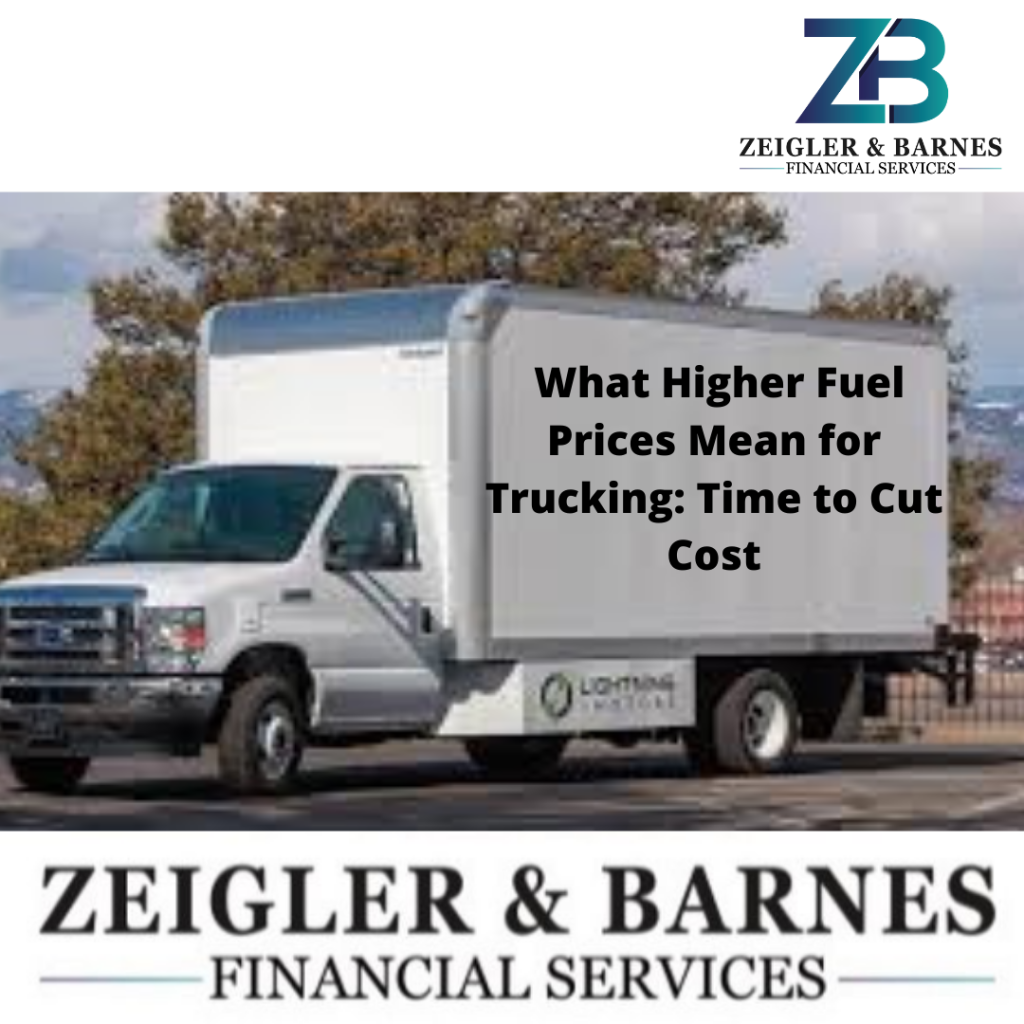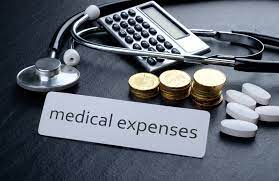As an entrepreneur or small business owner, understanding the basics of accounting is essential for making informed decisions, managing finances, and ensuring the overall success of your venture. While you might not be an accountant by trade, having a grasp of fundamental accounting principles can empower you to navigate the financial aspects of your business more effectively. In this article, we’ll break down these crucial aspects of financial management in a simple manner.
Understanding Financial Statements
Financial statements are vital tools that provide insights into your business’s financial health. The three main statements include:
- Balance Sheet
The balance sheet is a statement that shows the financial position of your business at a specific moment in time. It provides a clear overview of your business’s financial situation by detailing three crucial components: assets, liabilities, and equity. Understanding these elements is essential for comprehending your business’s financial health.
Assets
These are the resources your business owns that have economic value. Assets can range from cash in bank accounts and accounts receivable (amounts owed by customers) to inventory, equipment, and property. By listing your assets, the balance sheet showcases what your business has available to generate revenue.
Liabilities
Liabilities encompass what your business owes to external parties. This includes debts, loans, accounts payable (outstanding bills to suppliers), and other obligations. Liabilities represent the financial claims against your business’s assets and indicate your business’s financial obligations.
Equity
Equity, often referred to as owner’s equity or shareholders’ equity, is the residual interest in the assets of your business after deducting liabilities. It represents the ownership stake of the business owner or shareholders.
The balance sheet follows the fundamental accounting equation: Assets = Liabilities + Equity. This equation illustrates the principle that your assets are funded either by liabilities (external financing) or equity (internal financing). By analyzing the balance sheet, you can assess your business’s solvency, liquidity, and overall financial stability.
- Profit & Loss Statement (Income Statement)
The Profit & Loss Statement, also known as the Income Statement, is a dynamic report that portrays your business’s financial performance over a specific period, typically a month, quarter, or year. It breaks down the revenues, expenses, and profits (or losses) incurred during that timeframe.
Revenues
Revenues, also referred to as sales or income, encompass the money generated from selling products or services. This is the starting point of the income statement and represents the top line of your business’s financials.
Expenses
Expenses encompass all the costs associated with running your business. These can include costs of goods sold (COGS) for products, operating expenses (rent, utilities, salaries), marketing expenses, and more. Expenses are deducted from revenues to calculate the gross profit.
Gross Profit
Gross profit is the difference between revenues and the cost of goods sold (COGS). It indicates how efficiently your business produces goods or services before accounting for operating expenses.
Net Income (Profit) or Net Loss
By subtracting all operating expenses from gross profit, you arrive at the net income (or net loss) figure. A positive net income signifies that your business is operating at a profit, while a negative net income indicates a loss.
The Profit & Loss Statement is valuable for assessing the financial health and performance of your business. It highlights where your revenues are coming from, how effectively you’re managing expenses, and whether your business is operating profitably.
- Cash Flow Statement
This statement tracks the inflow and outflow of cash in your business over a specific period. It offers insights into how well your business manages its cash, highlighting areas where cash is generated or utilized. It’s important because even if the P&L statement shows a profit, your business can run into trouble if you’re not managing your cash flow effectively.
Understanding all these statements enables you to assess your business’s financial condition comprehensively. By analyzing these statements together, you can make informed decisions, identify trends, and tailor your strategies to ensure the sustainable growth and success of your entrepreneurial journey.
- Grasping Tax Obligations
Navigating taxes is a critical aspect of running a business. Here are some key tax obligations to be aware of:
- Self-Employment Tax
If you’re a sole proprietor, partner, or LLC member, you’re responsible for paying self-employment tax, which covers Social Security and Medicare taxes. This tax is based on your net earnings from self-employment.
- Employment Tax
If you have employees, you’re required to withhold and remit payroll taxes on their behalf. These taxes include federal and state income taxes, Social Security, and Medicare taxes.
- Income Tax
Businesses are subject to income tax, which can vary based on your business structure. Sole proprietors report business income on their personal tax returns, while other entities like corporations file separate business tax returns.
- Sales Tax
Depending on your location and the nature of your business, you might be required to collect and remit sales tax on goods or services sold. It’s crucial to understand your state’s sales tax laws and compliance requirements.
- Cash vs. Profit
It’s essential to recognize that cash flow and profitability are distinct concepts:
- Cash and No Profit
Your business might have positive cash flow but still operate at a loss due to high expenses or significant investments. Managing cash flow ensures you have enough liquidity to cover immediate obligations, even if your business isn’t yet generating consistent profits.
- Profit and No Cash
Conversely, your business could be profitable on paper but face cash shortages due to slow-paying customers or large inventory investments. In such cases, effective cash flow management becomes essential to bridge the gap between earnings and available funds.
Conclusion
To help you steer your business toward profitability and sustainability, understanding basic accounting principles becomes crucial. Familiarizing yourself with financial statements, grasping tax obligations, and distinguishing between cash flow and profitability will equip you with the knowledge needed to make informed decisions and pave the way for long-term success Remember, you don’t need to be an accountant expert to master these fundamental concepts – just a proactive entrepreneur aiming for financial success.
















